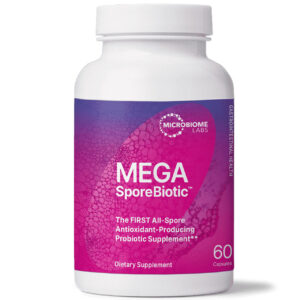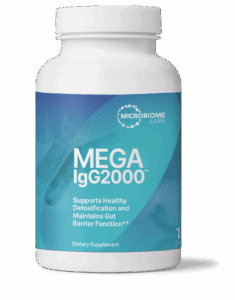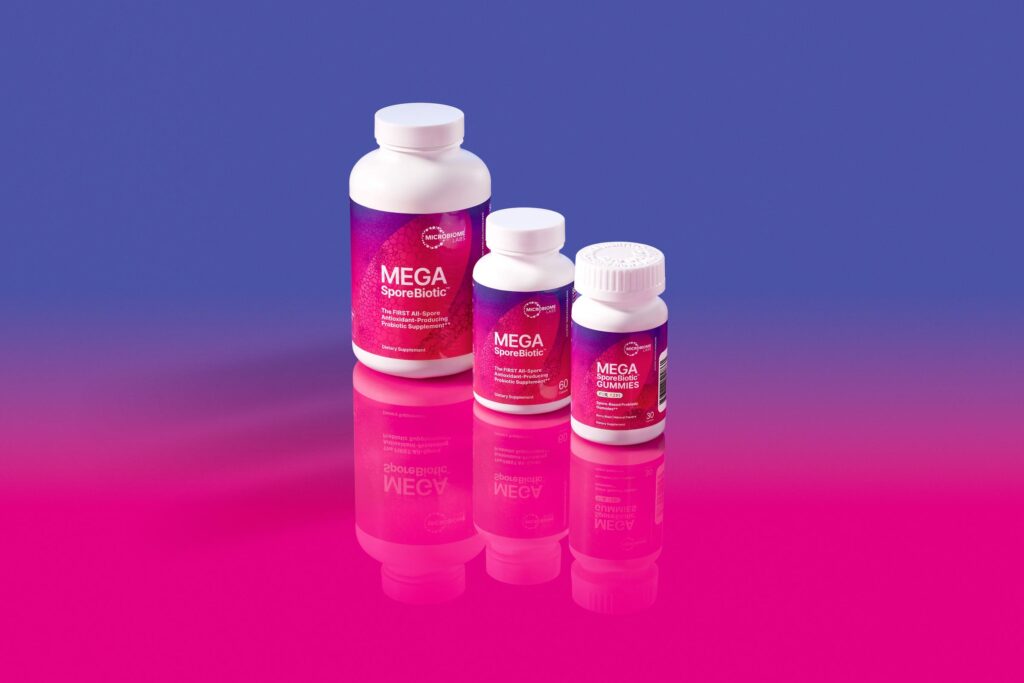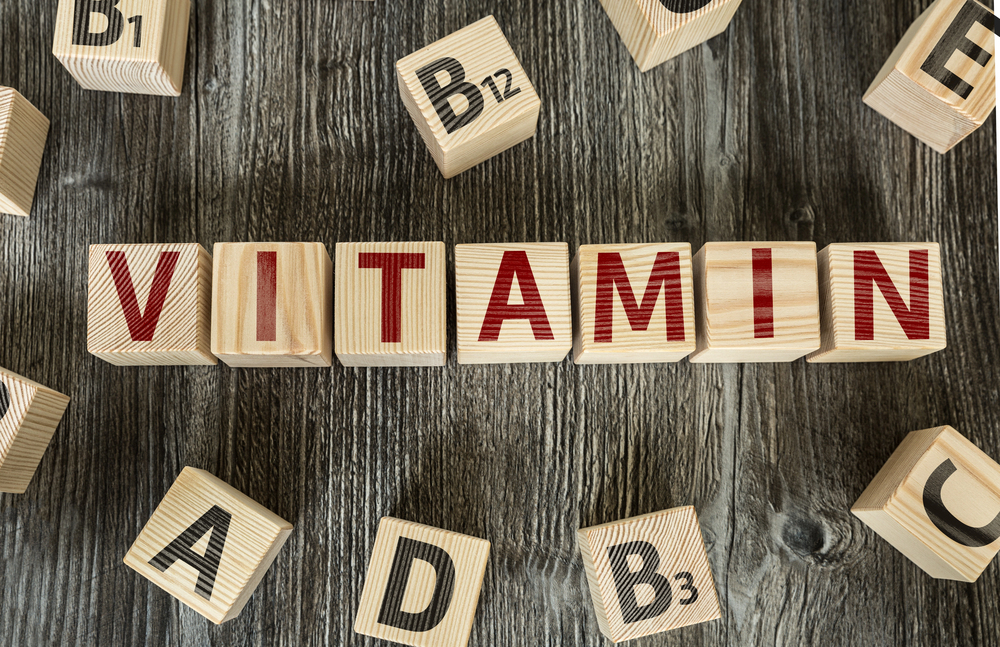Probiotics have been in the natural health market a long time. Spore-based probiotics are newer in the last decade, and they represent the next generation of gut health.
What are Spore-based Probiotics?
They are beneficial bacteria strains that can form spores. The spores are dormant cells that can survive harsh environments such as the stomach acid & bile produced in the human digestive process. These spores can become active once they reach an environment with supportive conditions. Think of spores similar to a seed. When a seed is in good soil and gets appropriate water, it begins to grow. Similarly, once spore-based probiotics reach the “fertile” environment of the large intestine, they will activate and begin impacting the gut microbiome.

How do they differ from other probiotics?
Traditional probiotics you may be familiar with include the Lactobacillus species, the Bifidobacterium species, and Saccharomyces Boulardii. These do Not form spores. They populate the gut microbiome through direct colonization. When you take traditional probiotics, you are increasing the diversity and number of beneficial bacteria in your gut. You are also increasing the production of helpful metabolites like short-chain fatty acids (SCFA’s).
The most common spore-forming bacteria in supplement form are the Bacillus species. So if your probiotic includes strains like Bacillus subtilis HU58, or Bacillus coagulans SC208, you know you’ve got a spore-based probiotic!
Spore-based probiotics have all the functionality of traditional probiotics. Additionally, they can:
- Help increase other species of good bacteria
- Support the gut lining
- Support immune function
Because the spore-based probiotics can make it into the large intestine more intact that traditional probiotics, they are a great choice for more intensive support.
When to use Spore-based Probiotics
Both traditional and spore-based probiotics have an important role to play in achieving or maintaining a healthy gut microbiome. Spore-based probiotics are particularly helpful for people addressing:
- Intestinal permeability (“leaky gut”)
- Immune challenges like SIBO
- Inflammatory Bowel Disease
- Chronic or recent antibiotic use
- Chronic gut inflammation
I generally recommend using spore-based probiotics for a few months to rebalance the gut microbiome, followed by a transition to traditional probiotics for maintenance.

What are the Possible Side Effects?
When introducing any probiotics to your gut, it’s not uncommon to experience mild, temporary digestive symptoms. These can include gas, bloating, and changes to bowel movements. This typically occurs because the probiotics are working to crowd out non-beneficial bacteria.
When taking spore-based probiotics, these symptoms can occur in the first week of use. To minimize discomfort with spore-based probiotics, it is recommended to start slowly. Take 1 capsules every other day for the first week. Gradually, over a period of days, you will increase to 1 capsule/day, then 2 capsules, etc. It can also be helpful to pair a spore-based probiotic with an Immunoglobulin product like Mega IgG 2000. This helps remove toxins released by dying (bad) bacteria and can alleviate some symptoms.
The Bottom Line
Research has expanded in recent years to demonstrate how spore-based probiotics positively impact the gut microbiome. They are an excellent choice for those looking to rebalance and recondition the gut. If you have additional questions about spore-based probiotics, stop in and speak with one of our knowledgeable staff members.



